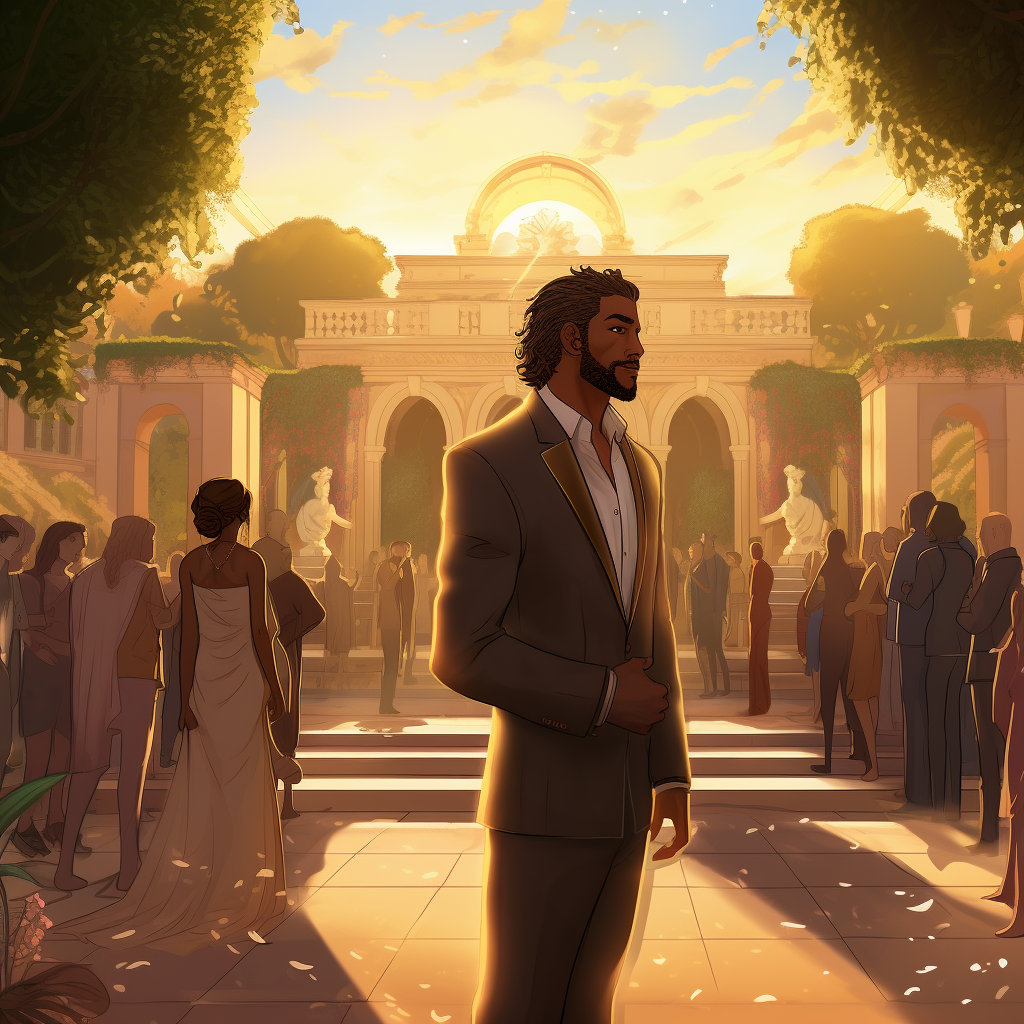Opening Verse
“Behold, how good and how pleasant it is for brethren to dwell together in unity!” (Psalm 133:1)
Introduction
Unity is a powerful theme throughout the Bible, emphasized as a reflection of God’s nature and intention for His people. When we live in unity, we embody the love and community that God desires for us.
Devotional Story
Two brothers, Eli and Michael, lived in the same small town. Though they shared the same upbringing, as they grew older, their paths diverged. Eli became a farmer, dedicated to the land, while Michael pursued teaching in the local school. Differences in their lifestyles and priorities led to a rift between them, causing years of separation and silence.
One day, the town faced a severe drought that threatened both the crops and the school’s operation. Facing these challenges, Eli and Michael realized that they needed to work together to help their community survive. They set aside their past disagreements, combining Eli’s knowledge of water conservation with Michael’s ability to educate and mobilize the town. Their joint efforts not only brought the community closer but also mended their relationship, showcasing the strength found in unity.
What This Means
When we choose unity over conflict, we tap into a greater strength that surpasses individual capabilities. Eli and Michael’s story demonstrates that even in deep disagreements, common goals and love for others can forge unbreakable bonds.
Think About This
Consider areas in your life where disunity has taken root. What common ground can you find with others that might bridge gaps and foster cooperation?
Prayer
Dear Lord, grant us the wisdom to seek unity with those around us. Help us to lay down our differences and work together for the common good, just as You unite us in Your purpose. Teach us to value relationships over disagreements and guide us toward reconciliation where it is needed. Amen.
Closing Verse
“Endeavouring to keep the unity of the Spirit in the bond of peace.” (Ephesians 4:3)




